The International Association of Electrical Inspectors (IAEI) is teaming up with the National Fire Protection Association® (NFPA®)—the official sponsor of Fire Prevention Week for more than 90 years—to promote this year’s Fire Prevention WeekTM campaign, “Learn the Sounds of Fire SafetyTM.” This year’s campaign, October 3-9th, works to educate everyone about simple but important actions they can take to keep themselves and those around them safe.
“What do the sounds mean? Is there a beep or a chirp coming out of your smoke or carbon monoxide
alarm? Knowing the difference can save you, your home, and your family,” said Lorraine Carli, vice-president of outreach and advocacy at NFPA.
IAEI encourages the public to embrace the 2021 Fire Prevention Week theme. It’s important to learn the different sounds of smoke and carbon monoxide alarms. When an alarm makes noise—a beeping sound or a chirping sound—you must take action! Make sure everyone in the home understands the sounds of the alarms and knows how to respond. To learn the sounds of your specific smoke and carbon monoxide alarms, check the manufacturer’s instructions that came in the box, or search the brand and model online.
IAEI and NFPA wish to share safety tips to help you “Learn the Sounds of Fire Safety”
- A continuous set of three loud beeps—beep, beep, beep—means smoke or fire. Get out, call 9-1-1, and stay out.
- A single chirp every 30 or 60 seconds means the battery is low and must be changed.
- All smoke alarms must be replaced after 10 years.
- Chirping that continues after the battery has been replaced means the alarm is at the end of its life and the unit must be replaced.
- Make sure your smoke and CO alarms meet the needs of all your family members, including those with sensory or physical disabilities.
Hindsight is 20/20. No one misses the presence of a smoke alarm until it is too late. The same can also be said of fire extinguishers. When one encounters a fire in one’s home, he would give anything if he had bought a fire extinguisher so he could attempt to put out the fire. The same can be said of the presence of properly operating smoke alarms. This equipment serves an important role in the protection of occupants in dwelling units. We must also understand that a properly installed and maintained smoke alarm will not prevent a fire (unlike AFCI protection for various branch circuits) but the presence of a properly operating smoke alarm can alert occupants to the occurrence of a fire and help save lives.
We spend much time in our homes, a lot of which involves sleep. During that time, small fires can get out of control rather quickly. Properly installed smoke alarms help prevent needless injury and death.
Interested in reading more about fire alarm systems from an inspector’s point of view? Read Understanding Fire Alarm Systems from our September/October 2020 edition. Also, for an older but still viable reference to where Smoke Alarms are required as per the National Electrical Code, read Where are Smoke Alarms in the NEC from our September/October 2014 edition of IAEI Magazine.
ABOUT FIRE PREVENTION WEEK
NFPA has been the official sponsor of Fire Prevention Week since 1922. According to the National Archives and Records Administration’s Library Information Center, Fire Prevention Week is the longest-running public health and safety observance on record. The President of the United States has signed a proclamation declaring a national observance during that week every year since 1925. Visit www.firepreventionweek.org for more safety information.


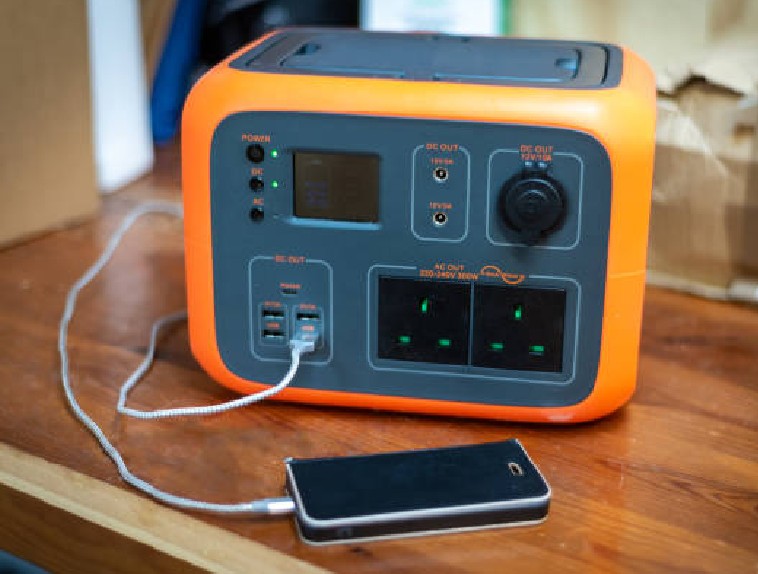
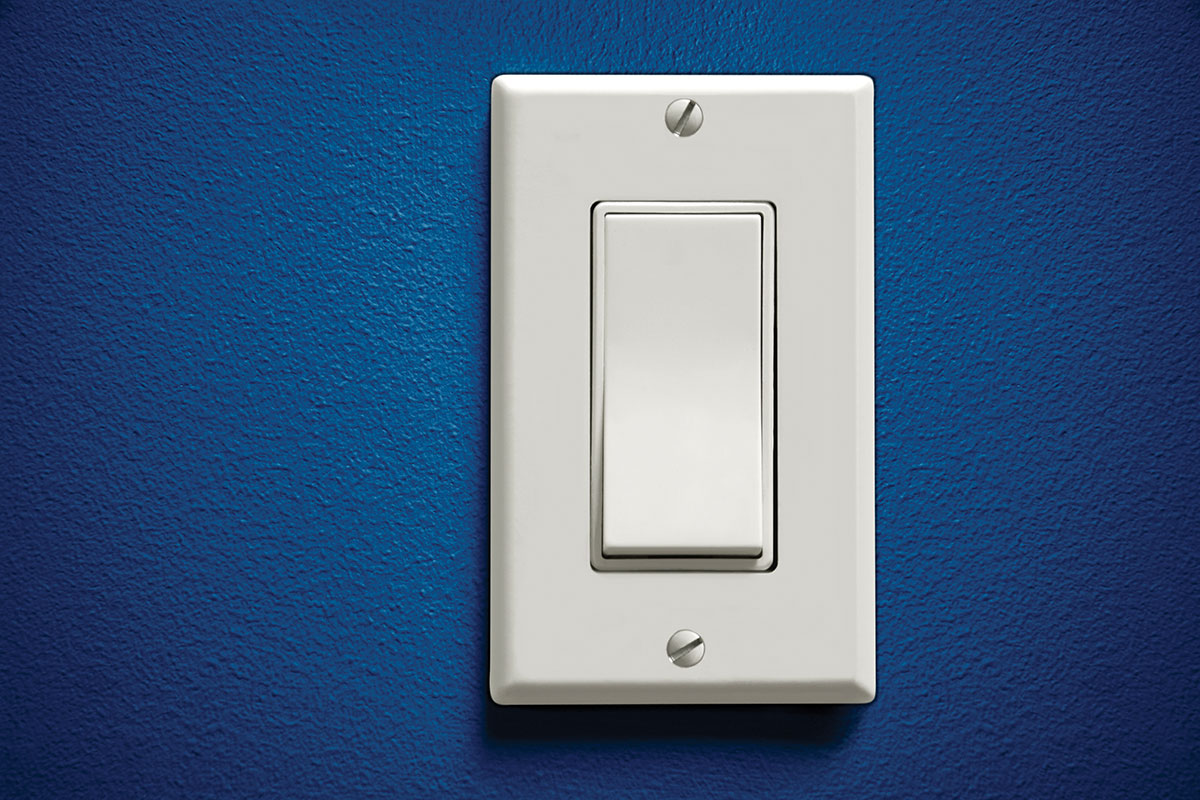
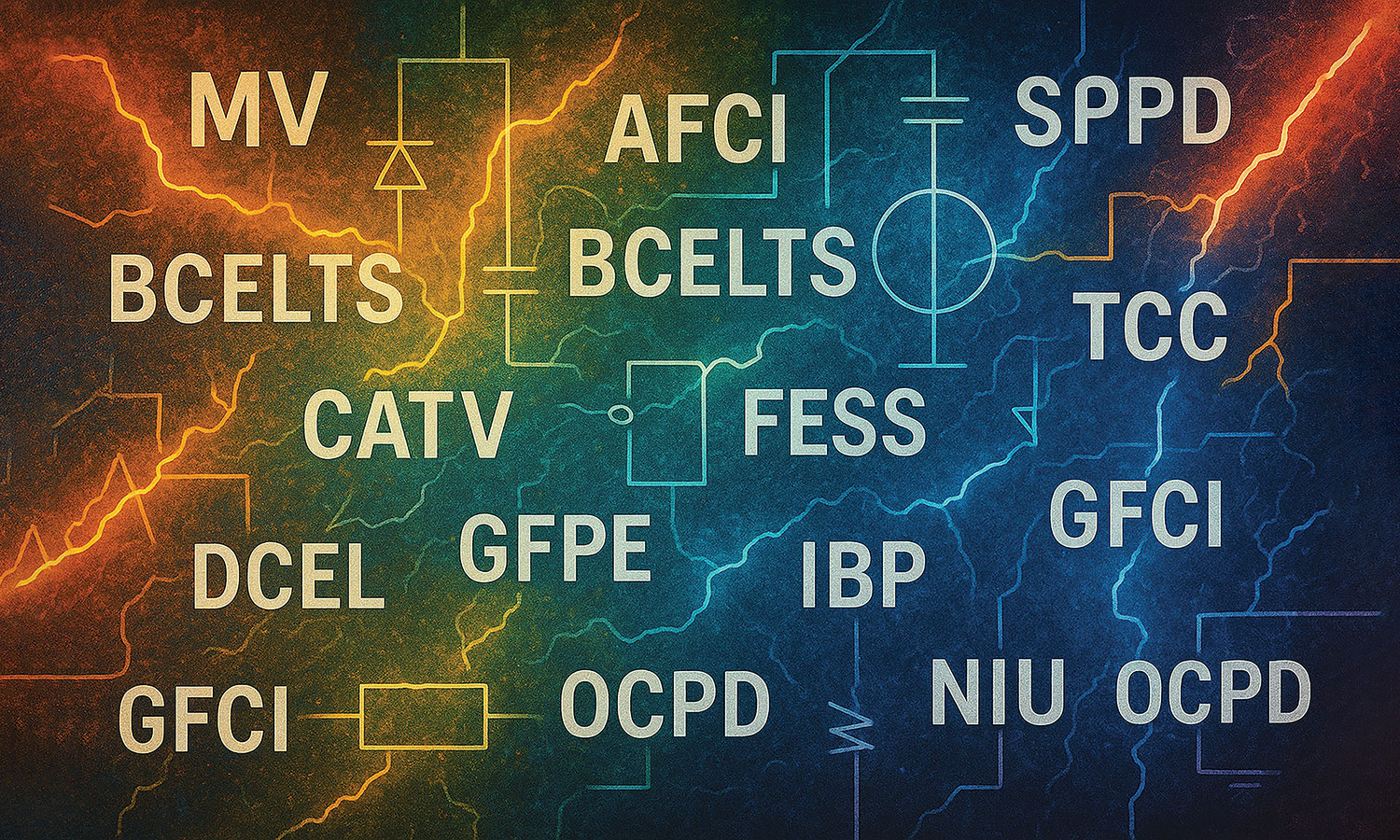
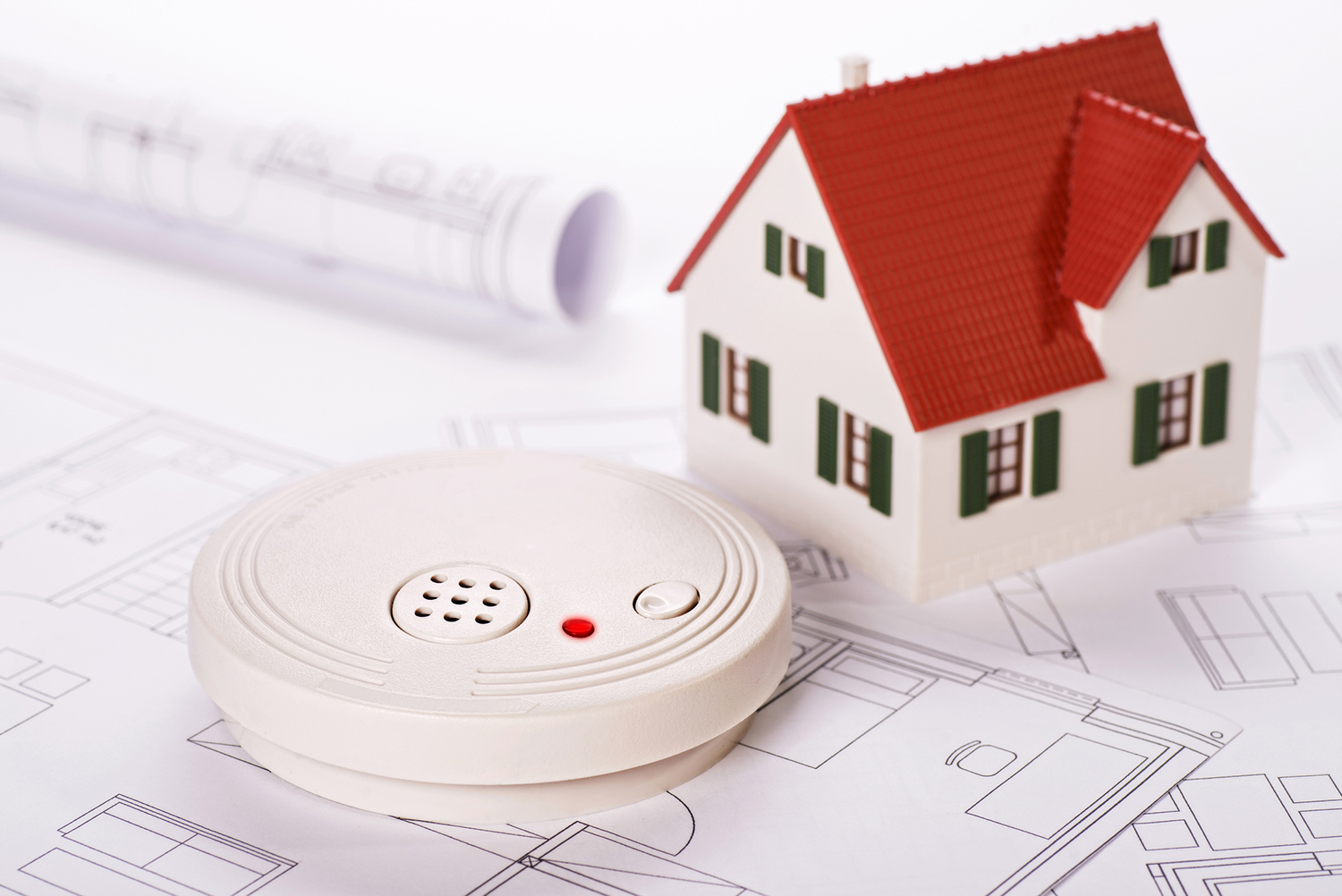






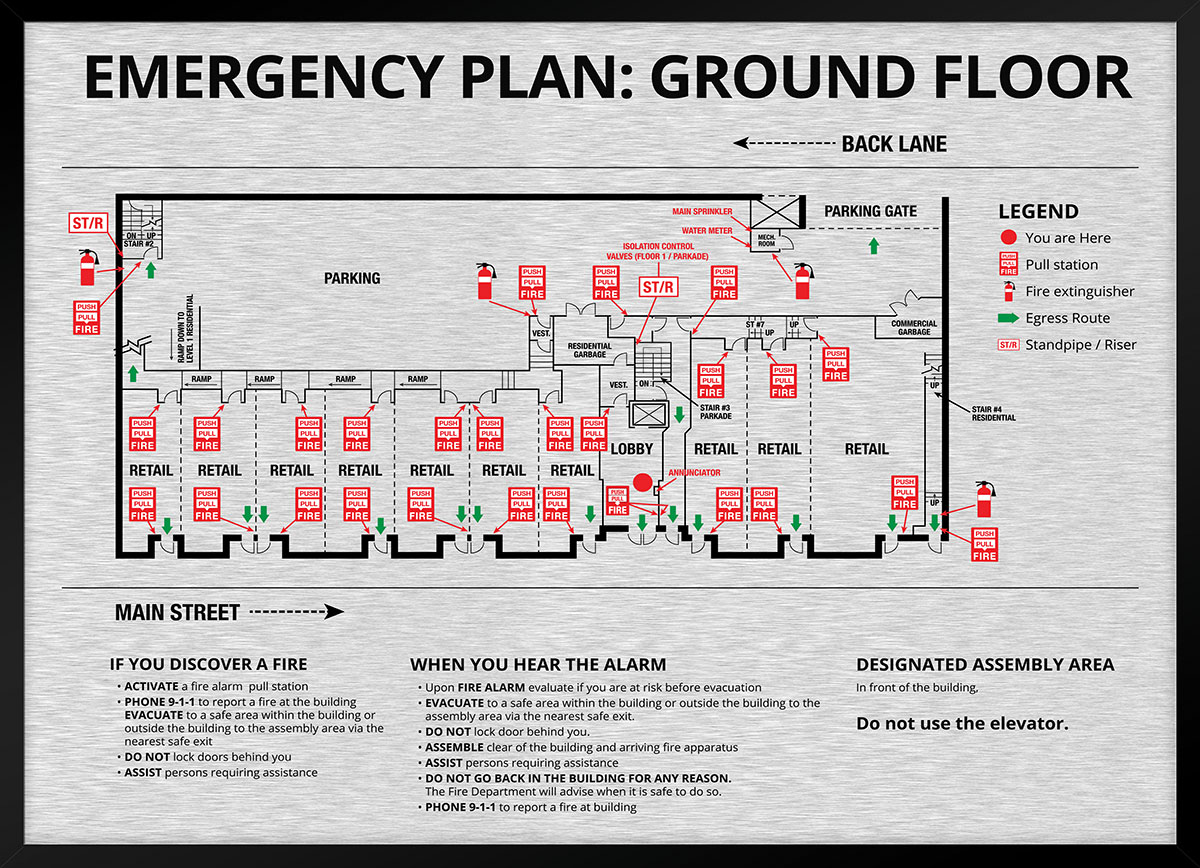

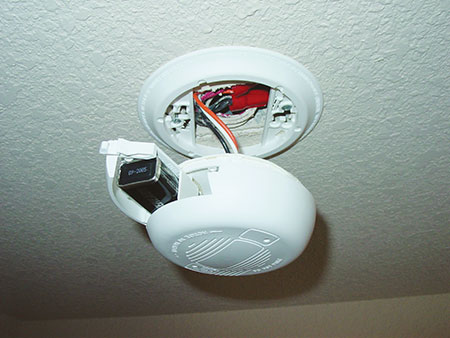
Find Us on Socials